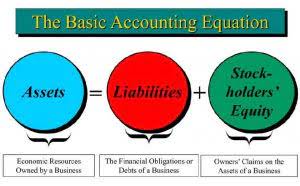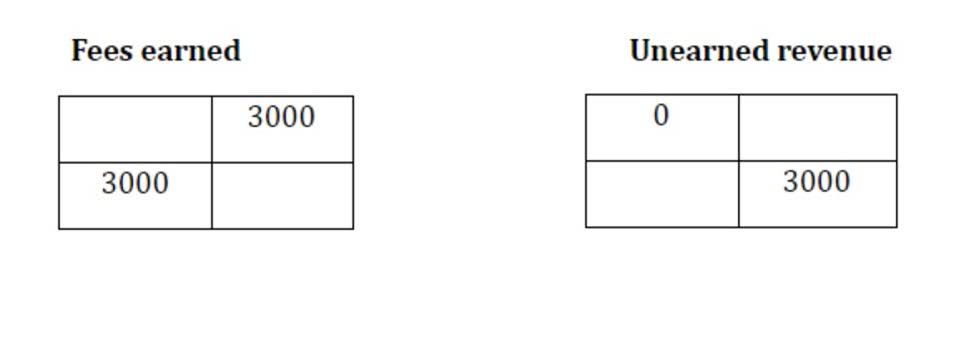
Whether you’re a student taking a college course in accounting or you’re a certified accountant, find all books you need for accounting at Barnes & Noble. From finance accounting books to small business small business bookkeeping accounting books, we’ve got a wide, trustworthy selection of accounting books. Accounting is not only for experts, you can learn the basics of accounting through accounting books designed for beginners.
- Perhaps you are a beginner just entering the business world or are looking for the best entrepreneur books.
- You’ll learn how to invoice customers, pay vendors, manage cash flows, and generate financial reports, making the day-to-day accounting process smoother and more efficient.
- In this case, you can still pay your taxes as a lump sum at the end of the year.
- Whether you have a business or are thinking about starting a business, let Rosedale & Drapala handle all of your small business, tax and accounting needs.
- For digital records, QuickBooks allows you to easily delete or condense historic transaction data to save you storage space and secure sensitive financial information.
- Single-entry bookkeeping is simpler — you only have to record each transaction once.
Many new small business owners rely solely on their bookkeeper or accountant to explain their financial statements to them. That’s where the best accounting books for small business can come in handy. In Bookkeeping Essentials, author Steven M. Bragg offers a textbook-style reference guide for new and experienced bookkeepers. Early chapters provide concise definitions for concepts such as balance sheets, accounting cycles, and accrual accounting methods.
Compare Small Business Loans
No matter what type of business you operate, an understanding of bookkeeping best practices is essential for keeping your business running smoothly, now and in the future. However, it’s important to note that your bookkeeper won’t be the only person working on your business finances. So you’ll want to understand which tasks your bookkeeper is and isn’t responsible for handling.

It encompasses a variety of day-to-day tasks, including basic data entry, categorizing transactions, managing accounts receivable and running payroll. Since good record keeping relies on accurate expense tracking, it’s important to monitor all transactions, keep receipts, and watch business credit card activity. Many bookkeeping software options automate the tracking process to eliminate errors. Bookkeeping is how businesses, entrepreneurs, and decision-makers monitor a company’s overall financial health and activity.


